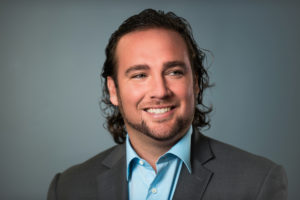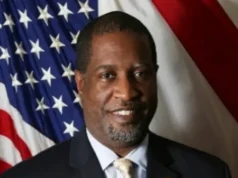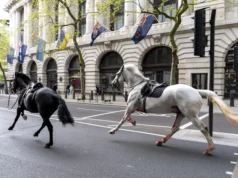
As Broward County’s Homeless Continuum of Care finalizes its Point-in-Time count report on the number of homeless people on our streets, I’m encouraged by initial reports that the overall number of homeless individuals dropped 5.4 percent from 2,450 in 2017 to 2,318 in 2018.
Congratulations to the Continuum for making headway on this challenging issue by implementing “Housing First,” the homeless assistance approach that prioritizes providing permanent housing for people experiencing homelessness. The thrust of the program is that homeless persons can better address mental health, substance abuse and other issues when they’re appropriate housed, rather than the other way around.
I do have concerns, however, about the number of homeless veterans, which increased over the past year. Granted, the increase is slight – from 197 to 202 – but the fact remains that we still have 202 homeless vets living on the streets or in shelters in our community. The increased number suggests that we could – and should – do more for our veterans, many of whom who have faced unimaginable difficulties protecting our country.
America’s homeless veterans, approximately 11 percent of the nation’s homeless population, have served in World War II, the Korean War, Cold War, Vietnam War, Grenada, Panama, Lebanon, Persian Gulf War, Afghanistan and Iraq, according to the National Coalition for Homeless Veterans. The Coalition’s research further states that nearly half of homeless veterans served during the Vietnam era, two-thirds served for at least three years, and one-third were stationed in a war zone.
I believe it’s wrong to allow men and women from our military to fall into homelessness in the first place, and it seems we’re simply not addressing the root causes of veteran homelessness. Serious mental illness plagues 50 percent of homeless veterans, while 70 percent have substance abuse problems, reports the Coalition.
As a volunteer for Broward’s Legal Aid Service in partnership with Mission United, I have the opportunity to talk to veterans and understand their challenges. With support, they can push forward and overcome the issues they battle daily. Programs like Mission United, a United Way program that helps U.S. military veterans and their families re-acclimate to civilian life, are vital to our veterans. By aligning and mobilizing resources, Mission United has offers a comprehensive support system that includes employment services, legal assistance, education, financial services and health and housing support.
This kind of community-based approach is a how people like me – and you – can change the landscape of veteran homelessness. As a community, we can choose to redirect our resources and consider that while there are thousands of luxury residential units under construction, there are zero shelters on the books.
Together, we can intervene before our veterans end up on the street. I encourage you to give your time, talent and resources to Mission United and similar programs. It is the least we can do for our veterans.

About the Author: Chad Van Horn is the managing partner of Van Horn Law Group, P.A. He specializes in bankruptcy law.












